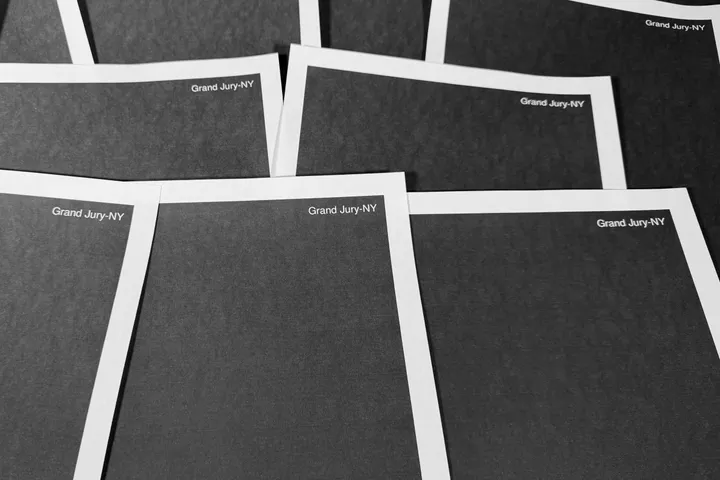Renowned English author, poet, and activist Michael Rosen, celebrated for his contributions to children’s literature and dedication to awareness about the Holocaust and antisemitism, has turned his sharp pen toward Israel’s ongoing atrocities against Palestinians.
In an interview with Anadolu, Rosen offered a searing critique of Western media and US foreign policy, which he believes have enabled Israel’s genocide in Gaza, now in its second year and showing no signs of an end.
This has shaped the British Jewish activist’s lifelong opposition to oppression, fueling his outspoken criticism of Israel’s crimes.
Despite enduring antisemitic abuse from right-wing factions for his stance, Rosen has remained steadfast.
His latest poem, released on Michael Rosen Day, employs biting irony to highlight the complicity of Western media in downplaying or justifying Israel’s assault on Gaza.
His poetry addresses the genocide of Palestinian children, systemic apartheid, violent anti-Palestinian pogroms in the occupied West Bank, and the broader Israeli aim of ethnic cleansing in the Palestinian territories.
‘They want some kind of new order in Middle East’
Rosen described the situation in Gaza as increasingly dire, with Israel’s continued assault worsening an already harrowing humanitarian crisis and pushing the region toward more instability.
“It seems like a very, very dangerous situation. It seems as if it escalates every day, and what started off as a local conflict … has got bigger and bigger, and wider and wider,” said Rosen.
The author pointed to the role of the US as a critical factor in Israel’s ongoing violence.
“In spite of what they say, they seem to be doing something different. When they say they’re very concerned, or a red line has been crossed … I’m not sure they are,” he said, highlighting the contradictions between American rhetoric and actions.
“Quite simply, I just think those are not true statements, or even if they are concerned, they’re not prepared to do anything about it. Because at the same time … they go on supplying the bombs, the drones, and the guns that cause them to be concerned. So that’s a contradiction. It doesn’t work.”
He stressed that continued US military support to Israel indicates a deliberate strategy.
“We have to ask the question, why are the Americans involved? What are they doing? … They want the war and they want some kind of new order to happen in the Middle East,” said Rosen.
Their objectives mean further violence and chaos that would affect the entire world, he warned.
“You can’t get the new order in the Middle East without more war, more death, more destruction, which will impact the whole world,” he said.
“A war now, in any part of the world, nearly always ends up being some kind of World War. So that’s a matter of huge worry … What is this new world that is happening?”
‘Pity the poor Americans’
Through his activism and art, Rosen continues to challenge narratives and demand accountability for Israel’s genocide, which has killed and wounded around 150,000 Palestinians, most of them women and children.
Israel is facing a genocide case at the International Court of Justice (ICJ), while Prime Minister Benjamin Netanyahu and former Defense Minister Yoav Gallant are wanted by the International Criminal Court (ICC) for war crimes and crimes against humanity.
As a poet, Rosen has channeled his concerns into his craft, using irony to spotlight the contradictions in US policies.
“I write poems every day about what’s going on … In this case, it really is about the idea, ‘pity the poor Americans.’ It’s what’s called irony,” he explained.
“Pity the Americans suffering so much. They’re so, so concerned. So, a doctor comes along and says, ‘Well, I know what can cure that – more bombs, more planes, more drones.’”
























